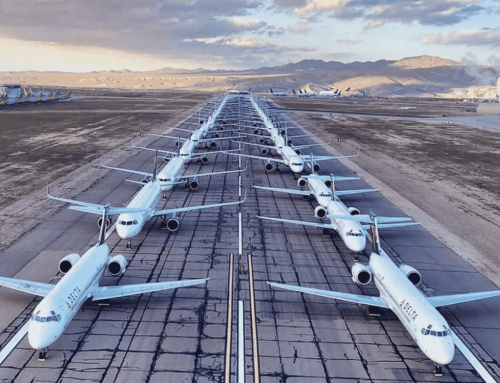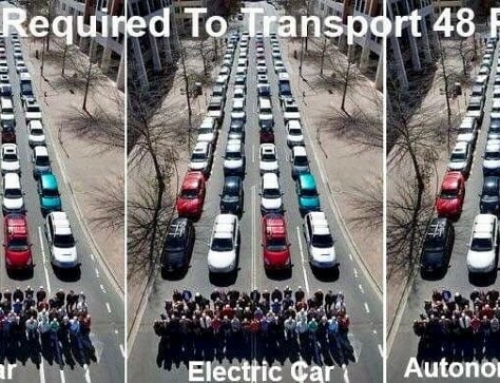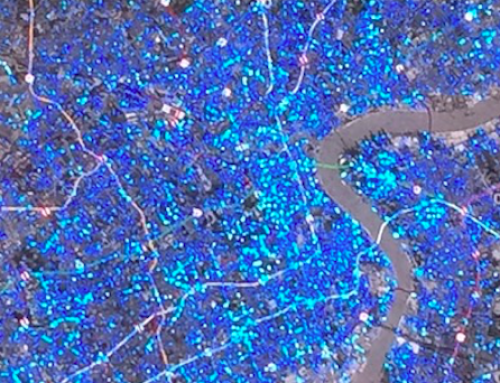A terrific new word arrives just in time for the weekend: “phugoid”.
I learned about phugoids from an airline pilot called Paul in his reply to John Michael Greer’s piece on “the effluent society”.
“As a pilot (writes Paul) I like to use flying analogies. An aircraft, if disturbed from straight-and-level flight, will execute a series of climbs and dives. If it’s stable (sustainable economy) the amplitude of these ‘phugoids’, as they’re called, will reduce until the airplane is flying straight and leve again. With an unstable aircraft (unsustainable economy), the phugoids will increase in amplitude until the airframe breaks up, or the aircraft impacts the ground during a descent.
“Only the intervention of the pilot can prevent an unstable aircraft from crashing. But the pilot has to understand the nature of the instability in order to apply the correct control inputs to stabilise the machine. Regretably, the theory of economics no longer matches the reality. Contemporary economic theory doesn’t even acknowledge the existence (let alone the validity) of Peak Oil or rescource depletion”.
Greer writes: “Nations have perished for many reasons, but curiously enough, financial collapse is not one of them – a reminder, if one is needed, that money is not wealth, but simply a tool for facilitating the exchange of that real wealth that consists of goods and services provided by people for people. The entire discipline of economics has consistently ignored the role of natural systems as a primary source of economic value.
“On a larger scale” (Greer continues) “it’s for these reasons that the three-hundred-year boomtime of industrialism looks normal to so many people today. Looked at with an eye tempered by the cycles of history and the principles of ecology, it takes on a very different shape; its similarity to a speculative bubble is hard to miss; its dependence on reckless, unsustainable exploitation of half a billion years of stored photosynthetic energy, in the form of the Earth’s fossil fuel reserves, becomes just as visible as the dependence of the late housing bubble on wild overestimates of how much future buyers would pay for homes”.
Great stuff as always.





